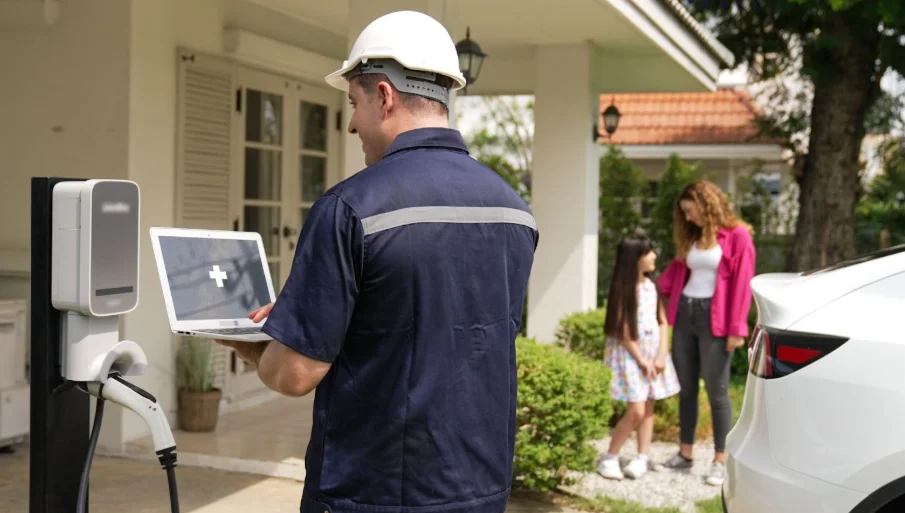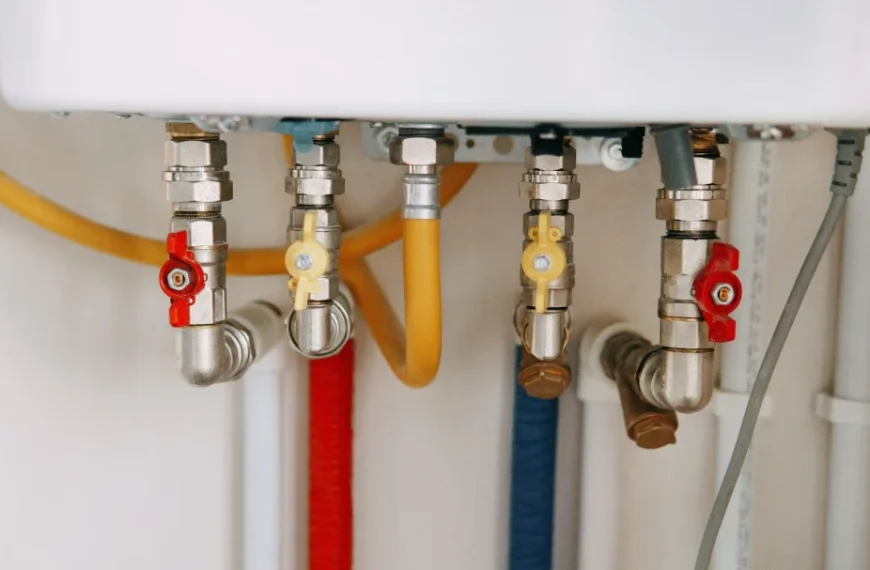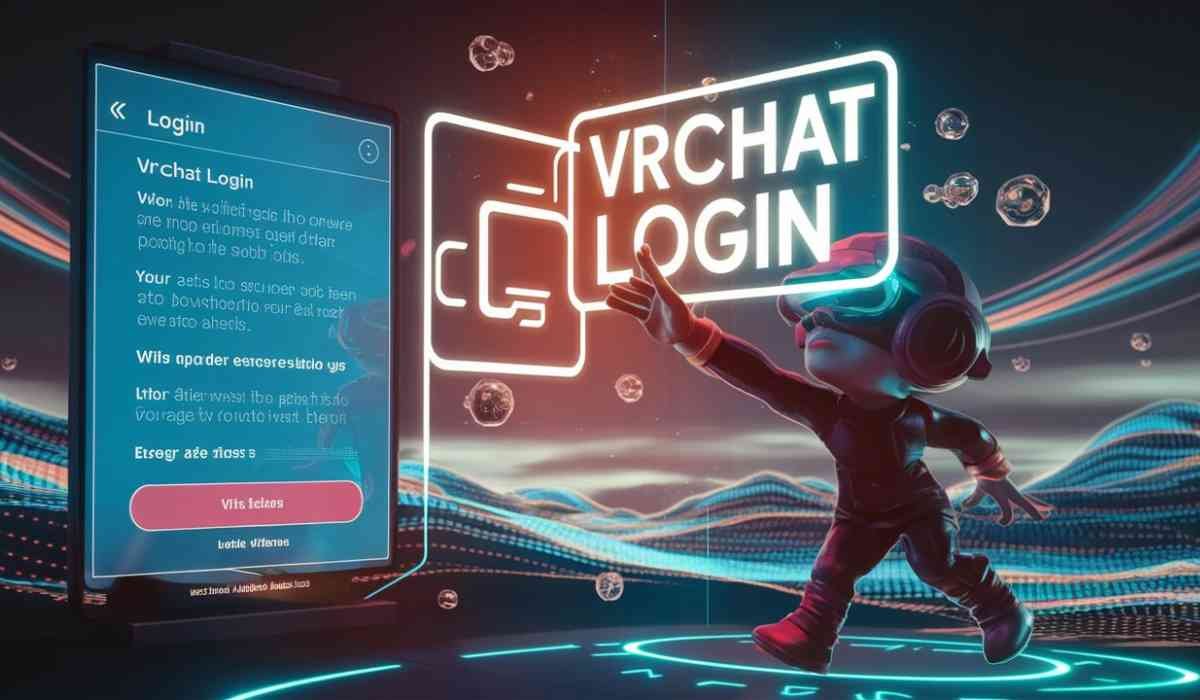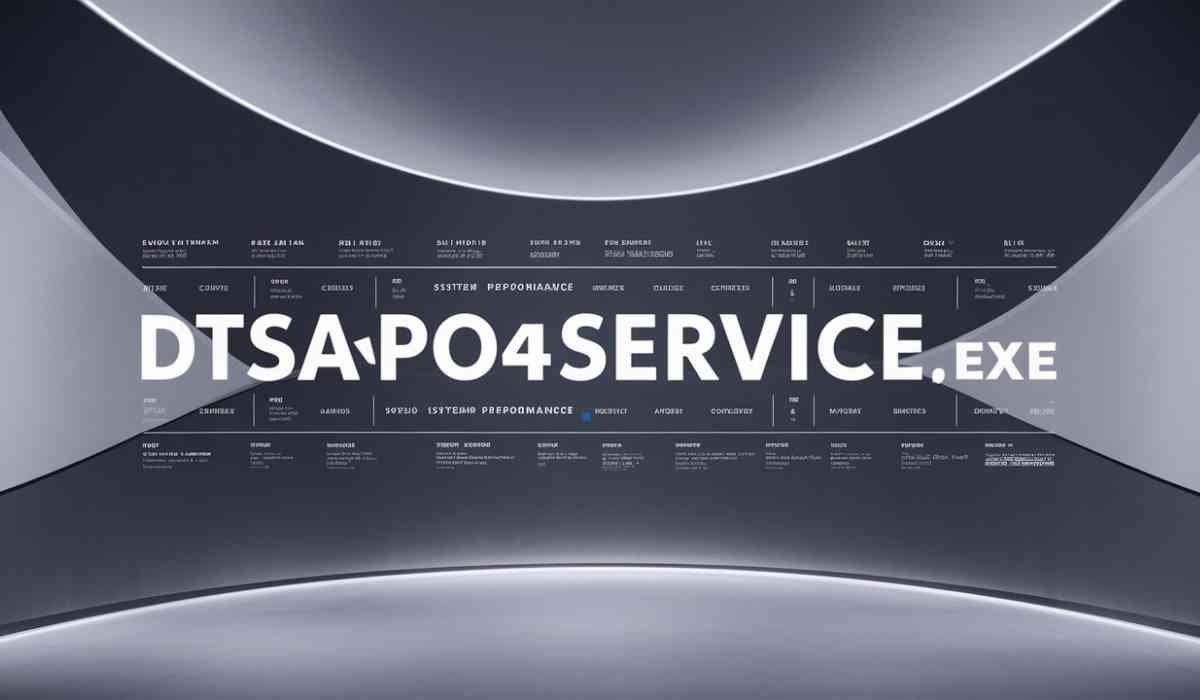Owning an electric vehicle (EV) is an exciting step into the future of sustainability. However, once you drive it into your home, you may wonder, “How do I charge this thing?”
Figuring out how to charge it efficiently at home can be overwhelming given the options one can choose from. If you are looking to hire someone for an electrical charger installation, understanding the different types of residential EV chargers can help you make an informed buying decision.
Level 1 Chargers: The Basics
The charger for occasional drivers or those with short commutes. Level 1 chargers are the most accessible option, using a standard 120V household outlet. They are easy to set up—just plug in and start charging—but they are also the slowest option, adding only 2-5 miles of range per hour.
If you drive long distances frequently, however, waiting up to 24 hours for a full charge may not be practical. Choosing a faster option for your home charger installation might be worth considering.
Level 2 Chargers: The Popular Choice
The ideal charger for overnight charging, level 2 chargers operate on a 240V circuit and provide significantly faster charging, adding 10-60 miles of range per hour. These allow most EVs to recharge fully within 6-8 hours.
- Installation Requirements: Similar to an electric dryer connection, EV chargers also require a dedicated 240V outlet.
- Cost Considerations: More expensive than Level 1 chargers but often eligible for rebates and tax incentives.
- Best for: Daily commuters and homeowners looking for a balance between cost and efficiency.
Level 3 Chargers: Speed Demons
Level 3 chargers, also known as DC fast chargers, offer the fastest charging times but are typically found in commercial locations. These chargers provide 200-250 miles of range in just 30-45 minutes, with some models fully charging an EV in as little as 15 minutes.
Level 3 chargers are rarely installed in residential settings due to their high-power requirements. However, homeowners with large battery EVs and high mileage may explore whether this option could work in their home.
Figuring Out Which Charger Fits Your Lifestyle
Not sure which charger is right for you? Choosing the right charger entails considering factors like your commute and needs before honing in on an option.
If you drive short distances, a level 1 charger might work. Longer commutes call for level 2. For drivers that need to charge their cars overnight, a level 2 charger is your best bet. If budget is a concern, level 1 chargers are the cheapest and may prove sufficient.
Overall, a level 2 charger may be the most practical choice for homeowners using their EVs daily.
Charging Speed Showdown: Real-World Examples and Timelines
How long does it take to charge an EV at home? Here’s a breakdown of average charging speeds:
- Level 1 Charger: Adds 2-5 miles per hour – Takes 40-50+ hours for a full charge.
- Level 2 Charger: Adds 10-60 miles per hour – Fully charges most EVs in 4-10 hours.
- Level 3 Charger: Adds 200+ miles per hour – Charges most EVs in 20 minutes to an hour.
Extending Your Charger’s Life: Simple EV Charger Maintenance
Do you know how to maintain EV chargers for longevity? Taking care of your EV charger helps in keeping it operational for years. Follow these maintenance tips for better durability:
- Regular Inspections: Check for loose cables, worn connectors, or dirt buildup.
- Proper Storage: Charging coils should be kept neat to avoid damage.
- Annual Checkups: Schedule professional inspections and make sure all connections are secure.
With proper care, level 1 chargers can last 10-15 years, while Level 2 and Level 3 chargers can exceed 20 years—no need for EV charger replacements.
Permits and Regulations: Navigating the Installation Process
Before installing a Level 2 charger, you may need to obtain a permit, especially in places like Sanford, FL, where local codes regulate electrical upgrades.
- Permit Requirements: Many cities require an electrical permit for safety compliance.
- Homeowners Association (HOA) Rules: If you live in a community with an HOA, check for any restrictions on EV charger installations.
- Professional Installation: A licensed electrician ensures compliance with safety regulations and prevents potential hazards.
Skipping these steps can lead to fines or electrical failures, so it’s essential to follow the correct procedures.
Choosing the right residential EV charger depends on your driving habits, home setup, and long-term goals. While Level 1 chargers work for light use, most EV owners benefit from the faster speeds of a Level 2 charger.
Before making a decision, consult a professional to assess your home’s electrical capacity and installation requirements.









